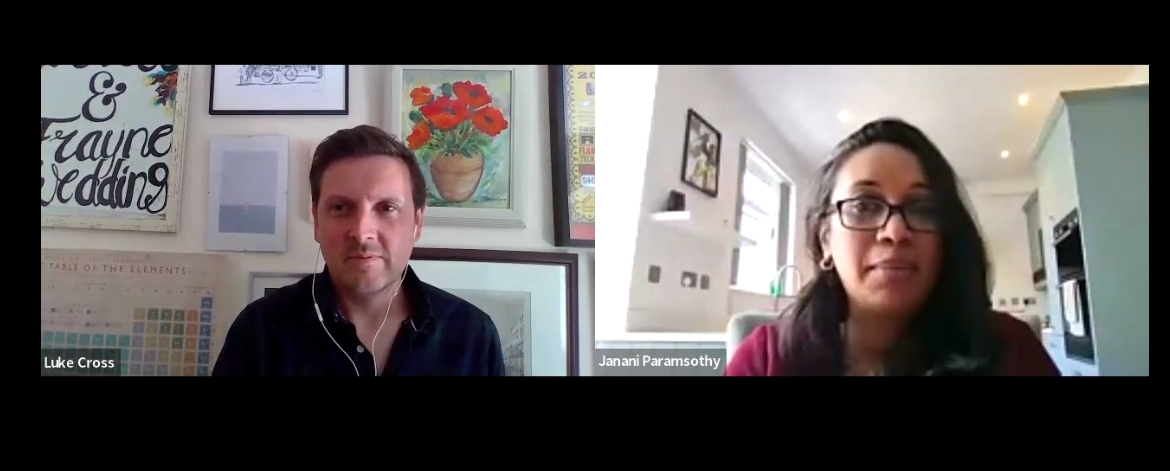In our latest Impact Chat, Social Director Luke Cross speaks to Janani Parasmothy, Head of ESG and Sustainability at Places for People.
Janani is head of ESG at Places for People, which comprises more than 20 housing providers, developers, care providers and property managers managing over 200,000 homes across the UK.
She also chairs the social housing sector’s ESG Working Group and has previously held roles in the civil service working at the Ministry of Housing, Communities and Local Government.
Below are some of the highlights from the conversation:
There is a need to embed ESG into day-to-day work
As head of ESG, Janani explains that one of the challenges she faces is people viewing ESG as a ‘nice to have’, rather than a core part of their role.
At PfP she has been trying to change this, for example, by implementing sustainability-linked bonus objectives for executive directors and rolling this out to the senior leadership team.
Challenging the idea that ESG is superfluous, Janani uses the example of planning teams, who may fail to get planning permission from some local authorities who require sustainability commitments.
Does ESG as a term matter?
Luke and Janani touch on the term ‘ESG’ and whether it is useful or not. Janani argues that the name is less important, so long as the outcomes are effective and progress is being made.
Janani says: “In a way it doesn’t matter what we call it… it is all the same set of principles and what you’re doing that is important. I don’t mind if we are called something else and we are doing the things and have the data to show we’re doing it, and we are reporting transparently.”
The sector has work to do on reporting
Janani notes that the social housing sector is still developing when it comes to ESG reporting but adds that it is ambitious.
She identifies the Sustainability Reporting Standard for Social Housing (SRS) as an important tool in “coalescing all of that in one place and setting a standard we all need to follow”.
But she says the sector often fails to acknowledge that much of its ESG work is essential, rather than optional.
“Some of this is not a choice. When we speak about it externally, we sometimes speak about it like it’ a choice but things like EPCs are going to be a regulatory target,” she says.
Social housing compared to other public services
Janani explores the sector’s reputational issues that it has encountered in recent years and what can be done to help this.
She says that it’s hard to be transparent about failures, but that without doing so the sector won’t learn as quickly.
She adds: “The sector is not viewed purely as a social good; it’s not viewed like the NHS or schools. Maybe it should be, but we should really be asking ourselves why is it not? Some of that is how we’ve been treating our tenants, customers over decades and decades, it’s not something an ESG report is going to fix.”
How to improve data collection
A large part of Janani’s role involves data collection and improvement. She notes how reaching a point where you collect good data can be difficult, especially in a complex organisation like PfP.
In her work, Janani explains: “We have spent a long time mapping out where the data was coming from, who was responsible, and getting analysts onto it because some of it was really bad. Now we are going through a process of trying to automate it, so there is no room for human error.”


